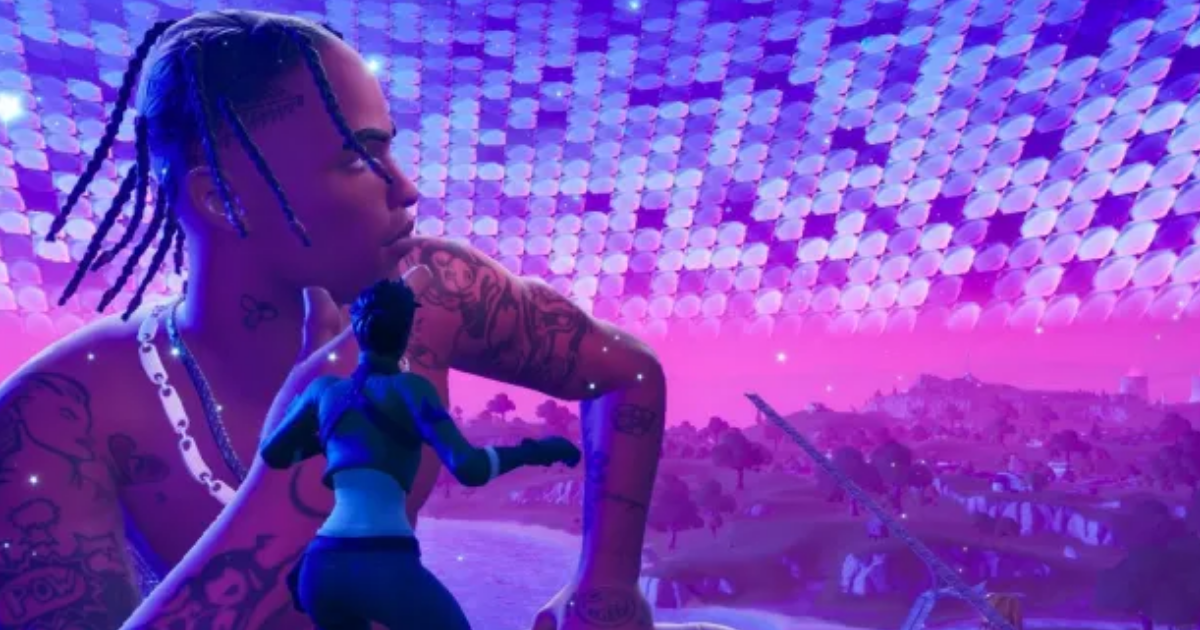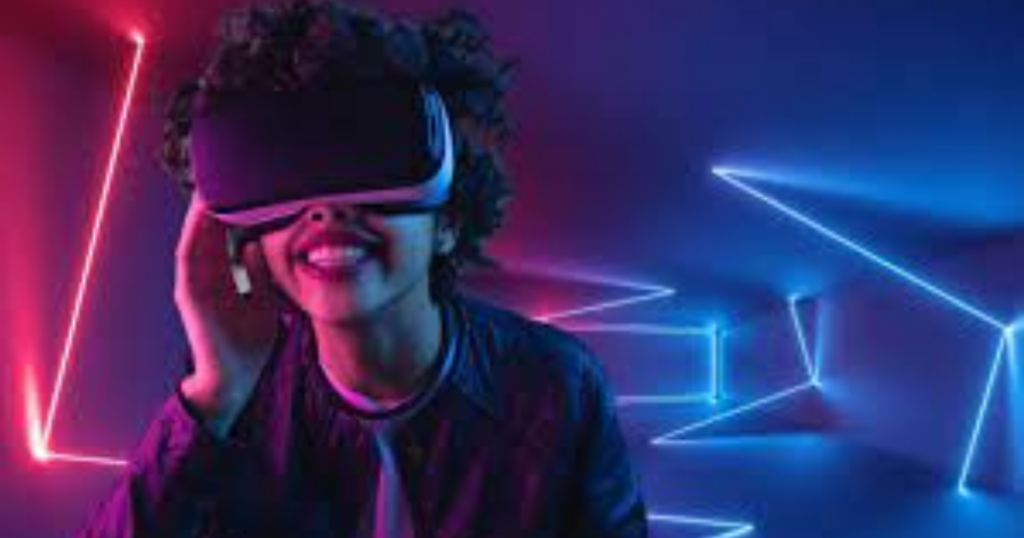Understanding the Metaverse: How Africans can leverage information to benefit from the Metaverse

The significance of the Metaverse’s knowledge cannot be over-emphasized. With the rapid increase in the blockchain technology adoption in finance, gaming, entertainment, and several other areas, it has become a necessity to benefit from this emerging technology.
The Metaverse is simply a virtual world where people live, work, shop, and interacts with one another all from the comfort of their homes in the physical world.
Metaverse did not become a household term until Facebook changed its corporate name to Meta in October 2021. At that time, the company announced plans to spend $10 billion over the next year on technologies to build out its vision of the Metaverse.
The Metaverse is considered the next evolution of the internet. It takes different forms, including gaming, online communities, and business meetings where people collaborate via a digital facsimile or avatar of themselves, communicate with one another, and virtually build out the community.
In the Metaverse, digital currency is used to buy clothes, weapons, and shielding in the case of video games and many other digital assets. Users can also virtually travel through the Metaverse for fun using a virtual reality headset and controllers.
Oftentimes, people tend to mistake the Metaverse for the internet, though the former complement the latter yet they are two very distinct concepts. The internet is a network of billions of computers, millions of servers, and other electronic devices. Once online, internet users can communicate with each other, view and interact with websites, and buy and sell goods and services.
Whereas the metaverse users traverse a virtual world that mimics aspects of the physical world using technologies such as virtual reality (VR), augmented reality (AR), Artificial Intelligence (AI), social media, and digital currency.
From entrepreneurs to investors, everyone needs at least the basic knowledge of the working of the Metaverse to perform effectively in their daily lives as well as to take full advantage of the opportunities that it offers. Although the various components of the metaverse are yet to enjoy wide acceptance across Africa, metaverse growth projections released on May 16 by Analysis Group, a research company contracted by Meta, indicate that the metaverse will pump an additional $40 billion into sub-Saharan Africa’s gross domestic product (GDP) in the next ten years.

Ironically, according to research from RoboApe Academies, more than fifty percent of the world’s population has never used Cryptocurrencies, the decentralized finance popularly known as Defi, with Africa still lagging as one of the least crypto economies despite doing over 1,200% worth of crypto transactions over the past year. Chainalysis in its report estimates that African countries collectively received around $105.6 billion worth of Cryptocurrency between July 2020 and June 2021.
If this is to change, the educational gap must be bridged; people must be taught the workings of blockchain technology; the Metaverse, and its various components like the Gamefi, Defi, and the NFT. And for this to happen there must be a genuine interest in the sector by the stakeholders as well as deliberate sharing of information about the concept among Africans.
Other African states must follow the Ethiopian example which pioneered a vast program to digitize its economy and services, touted as “the largest deployment of blockchain in the world.” A project which is tagged Digital Ethiopia 2025 strategy, which aims to transform the Ethiopian economy by targeting several sectors, including agriculture, manufacturing, health, transportation, tourism, and education. On the aspect of education, it seeks to modernize its education through a blockchain-based national identification and results recording system to digitally verify grades, remotely monitor school performance and boost education and employment across the country.
The Atala PRISM digital ID solution is developed by IOHK with the Cardano – blockchain solution – a third-generation cryptocurrency and blockchain_ that is built by a decentralized community of scientists, engineers, and thought leaders united in a common purpose to create a technology platform that will ignite the positive change the world needs.
The program will benefit 3,500 schools, 5 million students, and 750,000 teachers, pinpoint the locations and causes of educational underachievement, and allocate educational resources effectively.
All students will be provided with blockchain-verified digital qualifications to reduce fraudulent university and job applications and increase social mobility by allowing employers to verify all applicants’ grades without third-party agencies.
Institutions of higher learning must swiftly add courses that teach the basics of blockchain technology to their general studies curriculum as well as digitally verify all degrees awarded by them to stem certificate forgery on the continent.
Also, African Edtech startups must begin to develop curricula and programs that explain these concepts to a layman’s understanding.
Some of the reasons more Africans should know and take full advantage of the Metaverse include the need to transition to a Cryptocurrency economy due to the porous nature of most of the African countries’ fiats which usually fluctuate due to economic uncertainties. As against the fiats, cryptocurrencies are not affected by the inflation rates of any country, which will allow Africans to protect their earnings from a failing economy.
Also, cross-border payment is easier with cryptocurrency, which will make more Africans seamlessly transact with the rest of the world without any the need to convert their local currencies into the “hard currencies” (US dollars and the pounds) Cryptocurrency companies use blockchain technology that stores public records in a decentralized system and transactions are quick with lower transaction costs and there are no intermediaries as they are decentralized.
Additionally, the blockchain provides a unique opportunity for African artists to turn their arts into the Non Fungible Tokens (NFTs) which will check against piracy and allow getting value for their work.
Conclusively, for Africa to feature prominently in the metaverse world that the world is now drifting towards, more Africans must be given the opportunity first, to know about how the platform work and how to leverage it to create wealth for themselves.
